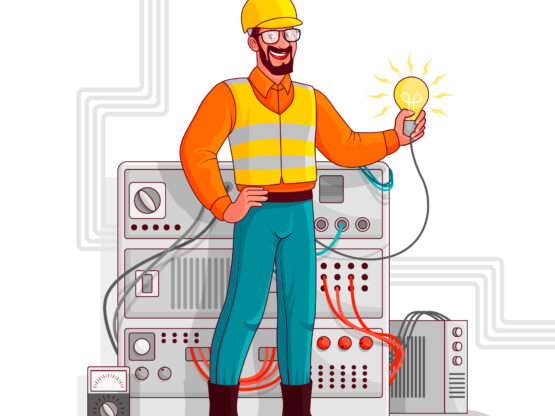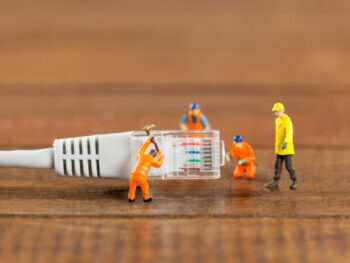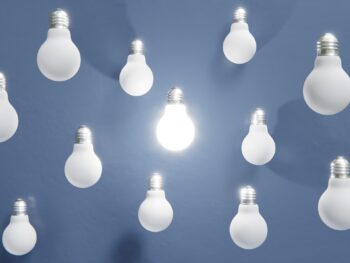Electricity is an essential part of our daily lives, powering our homes, appliances, and devices. However, it can also be hazardous if not handled properly. Understanding electrical safety is crucial to prevent accidents and ensure the safety of our homes and families.
The Dangers of Electricity
Electricity can cause serious injuries or even be fatal if not managed correctly. Common electrical hazards include:
- Electrical Shocks:
When a person comes into contact with live electrical parts, they can receive an electric shock, which can range from mild to severe.
- Electrical Fires:
Faulty wiring or overloaded circuits can cause electrical fires, posing a significant risk to property and lives.
- Electrical Burns:
Direct contact with electrical currents can cause severe burns.
How Electricians Ensure Safety
Professional electricians are trained to handle electrical systems safely and effectively. Here’s how they contribute to electrical safety:
1. Proper Wiring:
Electricians ensure that all wiring in your home is done correctly and meets safety standards. Proper wiring prevents the risk of electrical shocks and fires.
2. Regular Inspections:
Electricians conduct regular inspections to identify and fix potential electrical issues before they become dangerous. This includes checking for frayed wires, faulty outlets, and overloaded circuits.
3. Installing Safety Devices:
Electricians install safety devices like circuit breakers and ground fault circuit interrupters (GFCIs). These devices help protect against electrical shocks and fires by automatically shutting off the power when a fault is detected.
4. Education and Awareness:
Electricians educate homeowners about electrical safety, including the importance of not overloading outlets, the safe use of electrical appliances, and what to do in case of an electrical emergency.
Tips for Electrical Safety at Home
While professional electricians play a crucial role in ensuring electrical safety, homeowners can also take steps to keep their homes safe:
- Avoid Overloading Outlets:
Plugging too many devices into a single outlet can cause overheating and increase the risk of fire.
- Unplug Unused Appliances:
Unplugging appliances when they are not in use can prevent electrical fires.
- Keep Electrical Devices Away from Water:
Water and electricity do not mix. Keep all electrical devices away from water sources to avoid electrical shocks.
- Use Extension Cords Sparingly:
Extension cords are meant for temporary use. Over-reliance on them can indicate that you need more outlets in your home.
Summary
Electrical safety is vital to protect our homes and families from potential hazards. By ensuring proper wiring, regular inspections, and the installation of safety devices, electricians help keep us safe. As homeowners, being aware of electrical safety practices can further reduce the risk of electrical accidents. Remember, when it comes to electricity, it's always best to leave it to the professionals.
For more information on electrical safety or to schedule an inspection, contact Electric Solutions NW today! Your safety is our priority.




